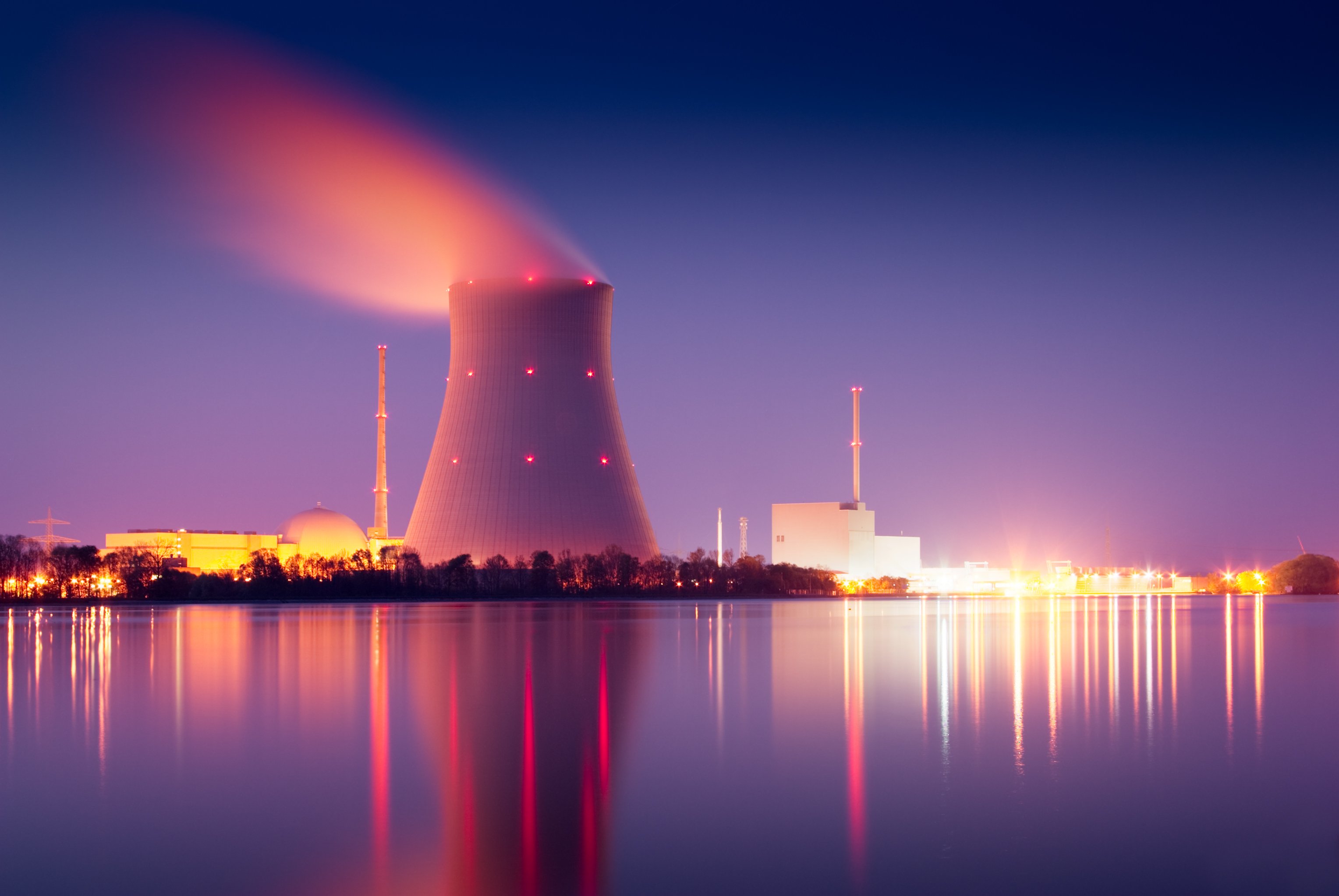Royal Dutch Shell plc (NYSE: RDS-A) (NYSE: RDS-B) is one of the world's largest integrated oil majors. It competes with the likes of ExxonMobil, Chevron, and Total. It recently doubled down on the energy business with a $50 billion acquisition. But while it's working to pay off the debt it took on to get that deal done, CEO Ben van Beurden made an interesting statement about the future that you may have missed in the numbers of Shell's quarterly report.
What Shell looks like now
There's no question about how Royal Dutch Shell makes money. It is one of the world's largest oil and natural gas drillers, with a large footprint in liquified natural gas. Oil and gas have been the driving force, broadly speaking, throughout all of the company's over 100-years of existence. Investor questions generally focus on what management is doing to support and grow its core operations.

Image source: Getty Images.
In the first half of the year that included capital spending of roughly $11.5 billion. The goal for the year is for capital spending of between $25 and $30 billion. Right now management expects to be toward the low-end of that range. That range, meanwhile, is the goal every year from now until 2020.
At this point a significant amount of Shell's capital spending is being used to increase production. For example, it has three major projects in Brazil that each are expected to produce 150,000 barrels of oil per day. It also has large oil and natural gas projects in the United Kingdom, Nigeria, and Australia in the works... in addition to a number of smaller projects. These are exactly the types of things you'd expect the company to be spending money on.
A little math
However, there's more to this story and the CEO made a clear point of explaining it. According to van Beurden, "If you invest $25 billion to $30 billion a year in a company with a $280 billion balance sheet, you have a new company every decade." Let that sink in for a second.
If Shell, with a market cap of $230 billion today, keeps its capital spending in its current range, it will basically have rebuilt the company in a decade. That's a bit of hyperbole, of course, but it highlights how swiftly change can take place. And every integrated oil company can see the writing on the wall... the world is shifting toward cleaner fuel options.

There's no question that Shell is an oil and gas company today, but don't overlook its clean power and biofuel initiatives.
Shell isn't sitting still, either. One of the reasons Shell spent $50 billion on the BG Group acquisition in the middle of an oil downturn was its natural gas business. That is an increasingly in-demand fuel option for electricity because it is cleaner than coal. There were synergies on the oil side, too, but the point is that Shell is already adjusting its business in some ways.
Time to breathe
So the real question here is not can Shell adjust to a world without oil, but how long does the company have? There's no hard and fast number to provide you, but think about the infrastructure around oil. Automobiles increasingly last 10 or more years with a network of fuel stations spanning the globe to provide gasoline. And that's just one use for oil, there's also things like jet fuel and the various chemicals that get made from oil and gas. Is all of that going away in ten years?
The simple answer is no. Too much of the world is built around oil today for that to happen. But Shell is already adjusting to changing market conditions, including increasing its focus on liquefied natural gas and moves to tip-toe into other areas, like wind farms. It will continue to adjust and change, with its capital spending driving it in new directions over time. That's not to suggest it will be a smooth ride, it probably won't be -- oil companies have made bad diversification-minded investments in the past.
But to look at Shell and dismiss it because it's an oil company misses a big piece of the equation. It's an oil company today, but that doesn't mean it will be one forever. And capital spending is the lever that will allow it to make the necessary changes to adapt with the world around it.





